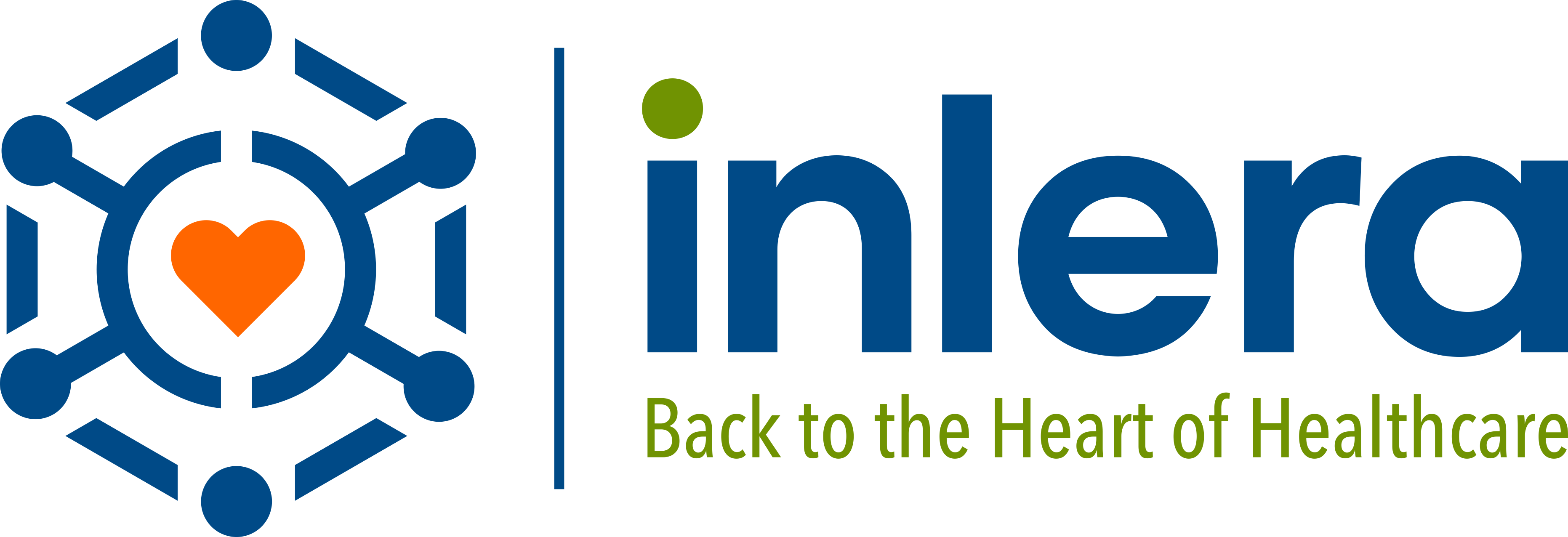
To be or not to be? That is the question.
…The provider asked him/herself when questioning whether to be in network.
When you start the discussion about joining a network, there are countless things to consider — many pros and many cons that you have to weigh. With so many considerations, it’s a pretty overwhelming process.

Let’s make it a little simpler. If you’re thinking about joining a new network (or leaving a current one,) there are four key questions you must ask yourself:
1. What are their fees?
The #1 thing most doctors want to look at when reviewing networks is pricing. However, this is tricky because certain companies don’t always share their rates with you before you sign on the dotted line.
The easiest way to get clarity is to work with a billing company like Inlera. We keep track of the major providers’ fee schedules, so we’re able to give you insight into what they pay, even if the companies themselves won’t share that information.
As a second option, look to other doctors in your area. Which insurance are they accepting and not accepting? If you have personal connections, you can ask other doctors what fees these companies pay. That can help give you an idea if they would be worth it for your practice.
Keep in mind that some insurance companies allow you to negotiate your rates. When you have a large volume or if you’re in a low serving area where there aren’t many other doctors around, you have the power to ask for more. I recommend trying to negotiate your rates up by 5-10% during the credentialing stage. It never hurts to ask, right?
2. What is the process for pre-certification or authorization?
Over my 11+ years in the field, I’ve learned how grueling and strict the certification process can be. It requires quite a bit of paperwork and follow-up so you’ve got to have a schedule for yourself to move along your reps — they take forever and often miss deadlines. It can take 6-9 months for credentialing, so it’s a big project, and one you should be prepared for.
Consider whether you have the capabilities to make sure authorizations are kept on track. If you just have an LPN in the back to help and a part-time receptionist to handle appointments, you might want to wait to join a network.
As an alternative, you can work with Inlera to handle the credentialing for you. We know the ins and outs of the process and make the process completely pain-free. (Click here to schedule a call and learn more.)
3. What are their technical capabilities?
You want to look for insurance companies with good technical capabilities. Specifically, you want someone who will send and accept things electronically. When you are forced into paper-based communication, it takes much more time (for your team) and money (for supplies, stamps, etc.) in the long run.
We had an office that used to spend half a day, once a week to work through paper claims. There were three doctors so the front desk had thousands of claims to go through each week. Their entire desks and floors were covered on claims day! They would have saved so much time and effort by processing claims electronically.
As we move forward, healthcare should be getting simpler. So you don’t want an insurance company that makes it more complicated for you.
4. Are they easy to work with?
Running a practice is stressful enough. You want the experience of working with a network to be as easy as possible. Customer service really matters.
Before you join a network, find out how you can contact them if you have questions or problems down the line. Some companies don’t have online access so you’ll have to call them every time, which takes much more time than sending a quick email. Some don’t even allow you to talk to someone — you have to go through an automated process and then you leave a voicemail for someone to call you back. You’ll want to weed those type of companies out.
Jumping through hoops adds to your to-do list and delays your claim processing time link to September2 blog post. If possible, don’t go into business with insurance companies who have poor customer service or make it really difficult to get in touch with them.
The decision to be or not to be in network is a big one. These questions will get you started to finding the insurance companies that are the best fit for your practice, your bottom line…and your sanity!

I know this is a hot topic for providers. So I’m curious — how do you decide whether or not to join a network? Are there any other important questions to ask? Let’s talk about it in the comments.
If you need help with the grueling credentialing process, Inlera has got your back. We’ll handle the process — which usually takes 6-9 months — from start to finish. We’ll ensure all paperwork is completed and we’ll keep on top of reps to keep the process moving quickly and efficiently. And we’ll only notify you with important updates. Our goal?
To make the credentialing process completely pain-free for you. Click here to schedule a call with us to learn how we do it.











